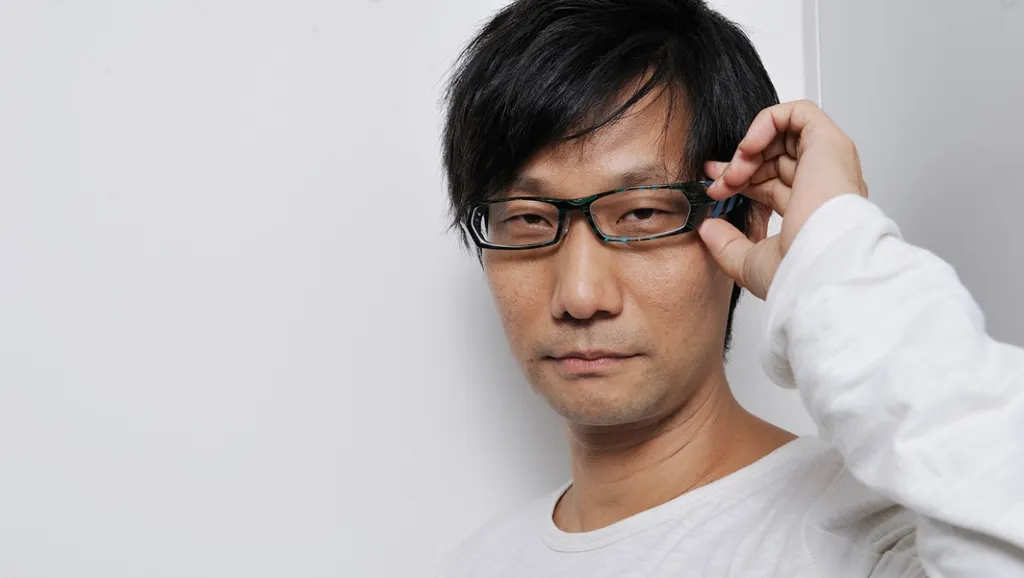Hideo Kojima is rarely hesitant when pushing the envelope in his creative endeavors and his resume (Metal Gear Solid, Zone of the Enders, P.T., Death Stranding) speaks for itself. He’s become so incredibly prolific that, not only does his work inspire a rabid fandom, the creator’s every word carries a great deal of weight with professionals throughout the industry. He meticulously manages many aspects of his games and it would be interesting to see what a mind such as his could bring to life with VR. In a new interview with Rolling Stone’s gaming vertical Glixel, Kojima spoke of his new gaming studio and also had quite a bit to say about virtual reality.
When it comes to VR, Kojima has gone from not seeming very impressed to expressing that he believes it will significantly change entertainment, education, and culture. This interview embodies the spirit of the latter, with him stating that VR is a “powerful medium that has the ability to change not only games but our lives”. He goes a step further by explaining how it could potentially shape things right down to how we order our food. “It’ll have a large impact on our culture at large.”
The more physically involved nature of VR, such as moving actively with headsets on our heads and controllers in hand, has resulted in a software ecosystem mostly filled with experiences that are intended to be short and sweet. With Resident Evil 7 being the most recent exception, it’s very rare that we get traditionally full-length gaming experiences. Kojima broke into Glixel’s question about him changing his stance on video game’s being considered art on the strength of VR’s immersion by comparing VR to a film, a medium that lives within one to three-hour formats.
“I believe that in the very near future, games and movies will meld together,” he says. “The main difference is that a movie is not interactive, whereas a game is. It’s almost like industrial design, where you need to think about the way many people will interact with a product and design it around that. That’s a big difference between movies and games.”
When asked if he thinks two-three hour games can be satisfying and memorable, he responded that he believed so. “Games right now, the main way of creating a large-scale game has been to spend three or more years that takes 100 hours to play or something like that. But I think games will also move in the same way toward an episodic nature, meaning smaller but released in a steady stream.”
Beyond his comments on VR, Kojima also dropped a hint on his potential utilization of augmented reality. “In a way it’s like AR,” he says about breaking the fourth wall in games, like when players had to find a codec frequency for Metal Gear Solid on the rear of the video game’s case. He said he doesn’t want to use the same tricks again so maybe, in the future, we’ll see Kojima add an entirely new layer of game you’ll have to see through AR glasses or on your smart phone.
A lot of Kojima’s anecdotes about the future of things like film and education breaking away from traditional frames are already a reality as creators are able to offer dynamic and immersive VR experiences that operate outside of the box. In August of last year, Kojima joined the advisory board at Prologue Immersive to focus on VR. Hopefully, we’ll see him take a more active role and treat gamers to a virtual reality experience in a way only he can deliver.


























